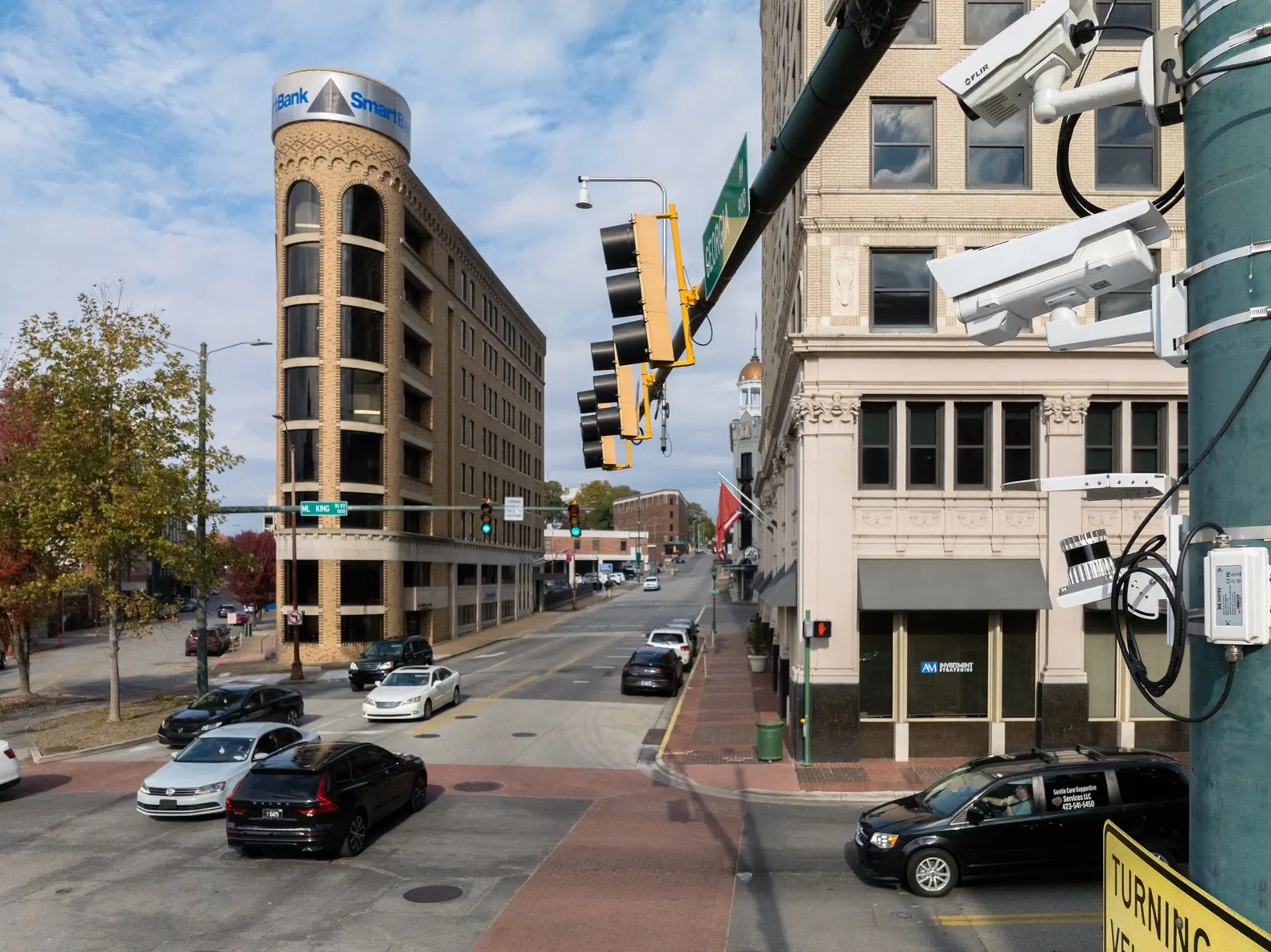Data analytics experts at Queen’s University Belfast have teamed up with local company See.Sense to create an intelligent bike light, which they say could help to improve road safety.
See.Sense created the world’s first intelligent and connected bike light, which uses advanced sensor technology to monitor and react to its environment, helping to make the cyclist visible when they most need to be. Now, The university’s researchers are working with the company and are using a new type of data analytics to develop the light further.
Special sensors, which are built in to the bike light, collect information on the road surface in real time and analyse the cyclist’s activity. Through an app, the data is then processed using sophisticated analytics methods and mathematics.
They claim the latest updates mean that accurate sensor data collected by the light could be used to plan better infrastructure and create smart cities. By applying advanced analytics and data visualisation, the team could use this anonymised and aggregated data to work with a city to design better infrastructure and policies.
It also means the light can detect if a cyclist has had an accident or near miss, or hotspots where they should take extra care, as well as alerting local authorities if a road needs repairing.
The bike lights are currently on sale and closed data trials are currently underway in several cities around the world.
University data experts team up with local company to improve road safety
Data analytics experts at Queen’s University Belfast have teamed up with local company See.Sense to create an intelligent bike light, which they say could help to improve road safety.
June 20, 2017
Read time: 2 mins










